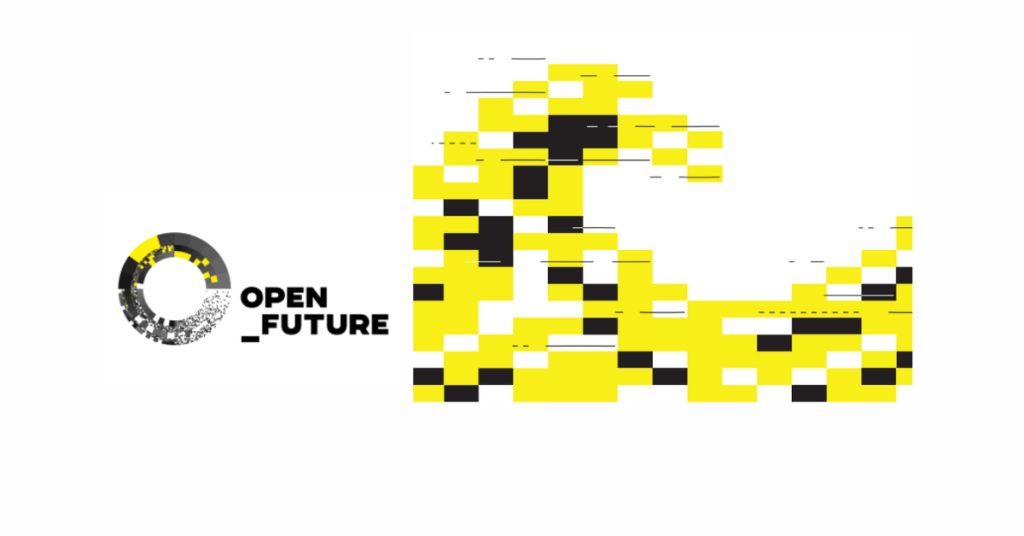Open Future conducted a study to gain a better understanding of the current state of the open movement, as seen through the eyes of people actively involved in its endeavors and leading organizations within the movement. Open Future believes that a shared movement identity and a shared advocacy agenda can make the collective effort stronger. This study aimed to see whether this perspective is shared and whether it can form a basis for building a shared movement agenda for the decades to come.
With this study, Open Future was interested in identifying trends that transform the movement and understanding the challenges and needs of activists and organizations as these changes occur.
They also set out to understand how and whether the open movement can be perceived as a whole. There have been studies and reports focused on a single field of openness, such as Open Access or Open Data, but relatively few attempts to understand this broader activist space. This most recent study focused on a qualitative survey of open movement leaders.
The report, which you can read in its entirety here, can be summarized into sections:
Speaking with open movement leaders
Most interviewees reported learning of the open movement through participation in copyright reform activism and policy. Others were introduced through:
Open Source and Open Hardware activism
Open Knowledge, Open Access, Open Education, or Open Data activism
Community-building work
Their employers, entering the field with no previous activist background
Open Activism as a social movement
Open Future proposed the following working definition for the open movement:
The open movement consists of people, communities, and organizations who (1) contribute to shared resources online that are available for everyone to use and reuse, (2) and/or advocate for non-exclusive access and use of information resources.
However, although the research project began with the assumption that there is an open movement which can be defined and whose boundaries can be traced, the interviews found that there is little collective sense of such a movement. Moreso, there is a collective sense of the open movement as a loose network, tied together by value alignment.
The open movement, at a turning point as seen by its leaders
This section shows how the movement is shifting. Interviewees have been observing changes, and argue for further change. Open Future analyzed these shifts in four categories:
The people
The zeitgeist
The world
The sustainability of the open movement
The need for change
Factors both internal and external to the movement were identified in the study. Collectively, the following needs were revealed:
Need for new voices
Need for new narratives
Need for relevance
Need for maintenance
Ways forward
To address these needs, those interviewed resonated strongly with two ways forward:
A shared agenda
Advocacy as a driver for collective action
You can download a full copy of the report at this link: https://openfuture.eu/publication/shifting-tides/
You can provide feedback directly in the publication here or by writing to Alek Tarkowski at alek@openfuture.eu.
Images created by Open Future.
The post <span class=’p-name’>Digital activists and open movement leaders share their perspective with Open Future in new research report, “Shifting tides: the open movement at a turning point”</span> appeared first on Voices of Open Source.

Source: opensource.org